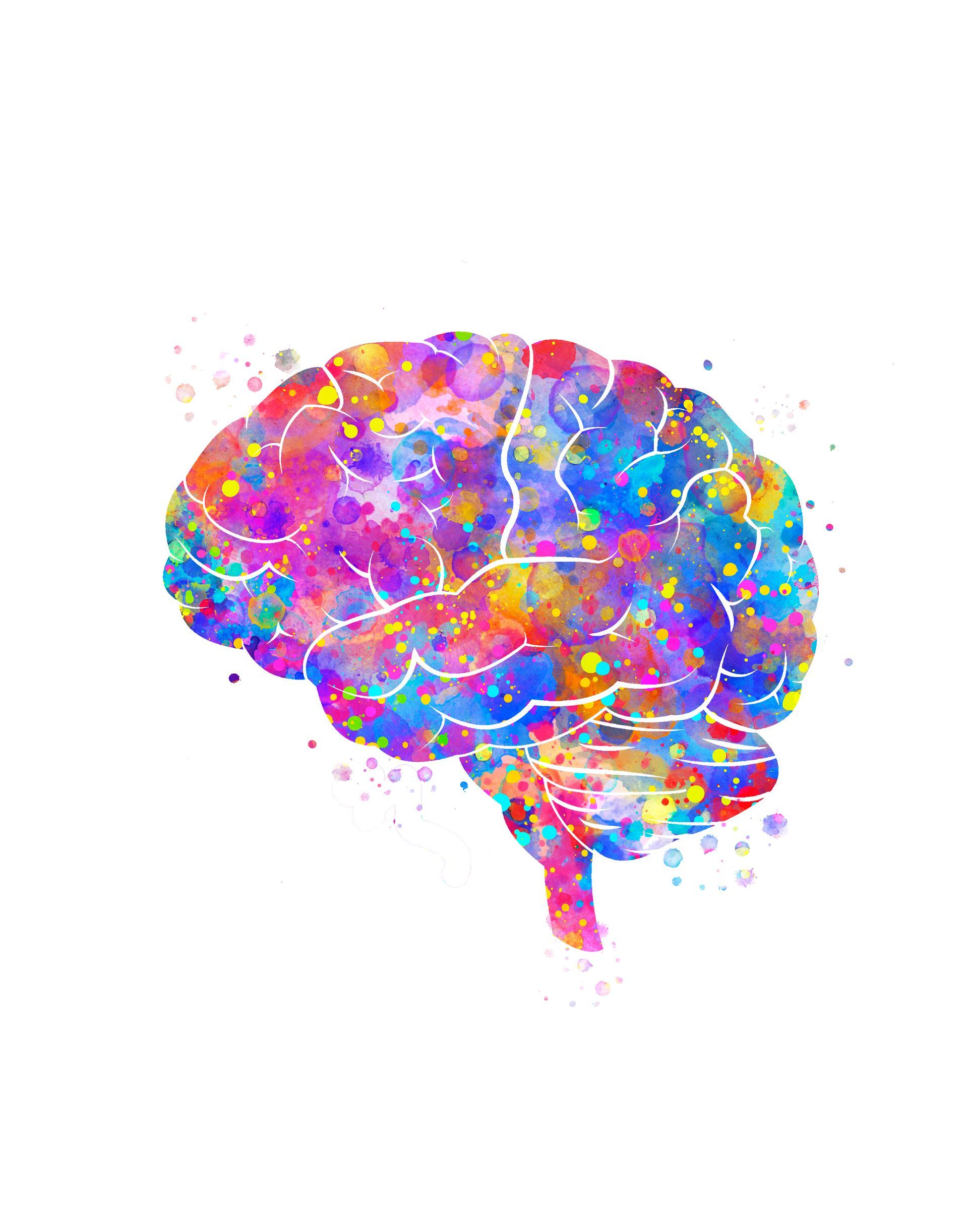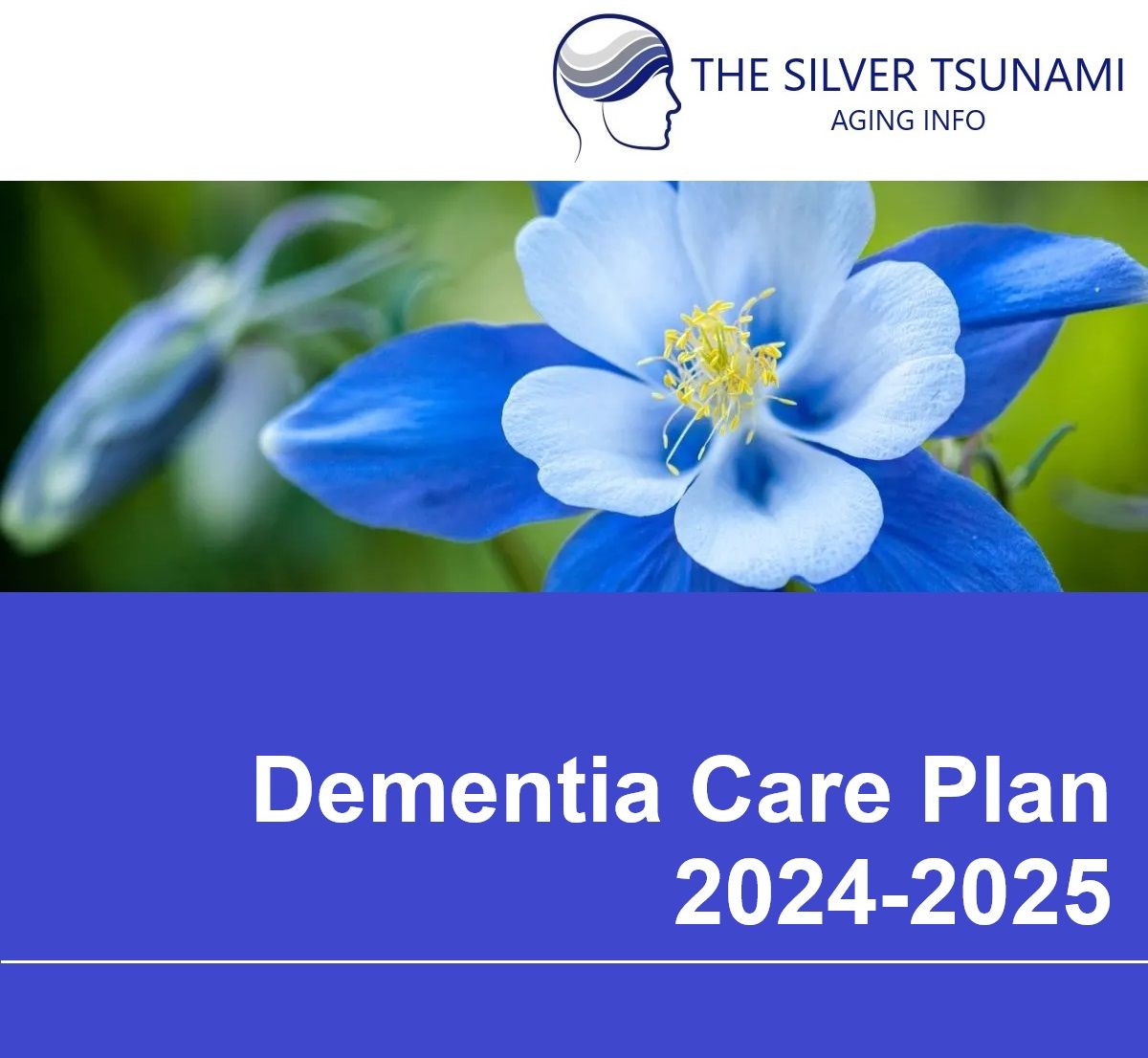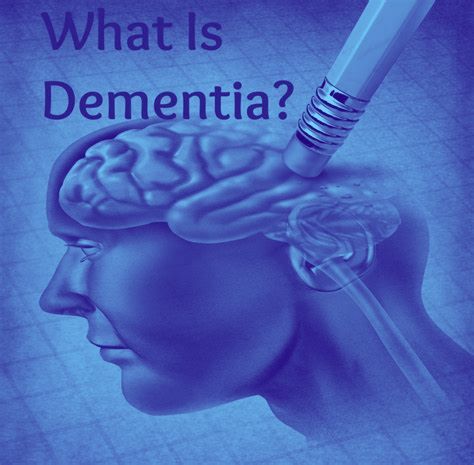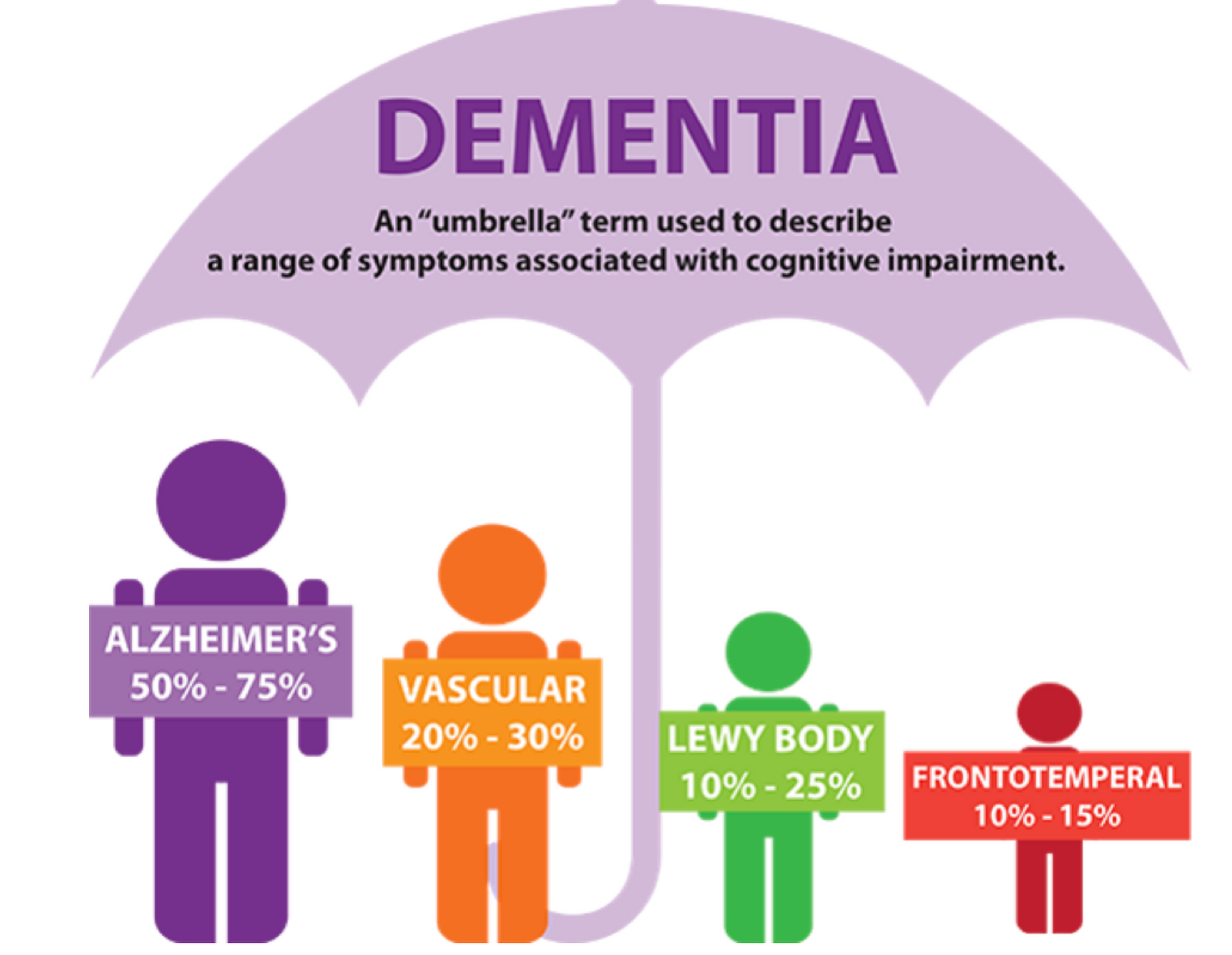Effective communication Strategies for Dementia Caregivers
Unlocking the Power of Communication: Effective Strategies for Dementia Caregivers
Caring for a loved one with dementia can present unique challenges, especially when it comes to communication. The inability to effectively communicate can lead to frustration, aggression, and feelings of isolation for both the caregiver and the individual with dementia. However, by understanding and implementing effective communication strategies, caregivers can unlock the power of communication and improve the quality of life for their loved ones.
In this article, we will explore the importance of effective communication in dementia care and provide practical strategies that caregivers can use. From using non-verbal cues and visual aids to creating a calming environment, these techniques can help bridge the communication gap and promote better understanding. We will also discuss the significance of active listening and empathy in ensuring meaningful connections.
Whether you are a professional caregiver or a family member, unlocking the power of communication can make a world of difference in the care of individuals with dementia. Join us as we delve into these effective strategies and discover how they can transform the caregiving experience.
Understanding dementia and its impact on communication
Dementia is an umbrella term that encompasses various cognitive impairments, leading to difficulties in memory, thinking, and communication. One of the most profound effects of dementia is its impact on the ability to communicate effectively. Individuals with dementia may struggle with finding the right words, understanding language, or following conversations. These challenges vary based on the stage of dementia and the specific type affecting the individual, such as Alzheimer's disease or vascular dementia. As dementia progresses, the deterioration in communication skills becomes more pronounced, often resulting in confusion and frustration for both the caregiver and the individual.
The cognitive decline associated with dementia affects more than just the words spoken; it also impacts the ability to comprehend non-verbal cues and contextual information. For instance, an individual may misinterpret a caregiver's tone of voice or body language, leading to misunderstandings. Furthermore, memory loss can make it difficult for individuals to recall recent conversations or recognize familiar faces, which hinders the development of rapport and trust between the caregiver and the individual. This breakdown in communication can lead to feelings of isolation, anxiety, and helplessness for both parties involved.
Understanding these nuances is crucial for caregivers. By recognizing the complexities of dementia and its impact on communication, caregivers can adapt their approaches to better connect with their loved ones. This awareness fosters patience and empathy, enabling caregivers to create an environment where meaningful interactions can take place. Ultimately, effective communication is foundational in providing quality care and enhancing the overall well-being of individuals living with dementia.
Challenges faced by dementia caregivers in communication
Caregivers of individuals with dementia face numerous challenges when it comes to communication. One major hurdle is the emotional toll that dementia can take on both the caregiver and the person being cared for. Caregivers may experience feelings of frustration, helplessness, and sadness as they witness their loved one's cognitive decline. This emotional burden can hinder effective communication, as caregivers may inadvertently project their feelings onto the individual, leading to misunderstandings or heightened tensions during interactions.
Another significant challenge is the variability in communication abilities among individuals with dementia. Some may retain their language skills for an extended period, while others may struggle with basic phrases early in the disease process. This unpredictability can leave caregivers feeling unprepared and unsure of how to engage meaningfully. Additionally, caregivers might encounter moments when the individual becomes agitated or non-compliant, which can create a cycle of ineffective communication where both parties become increasingly frustrated and disconnected.
Moreover, caregivers may also experience a lack of training or resources related to effective communication strategies. Many caregivers are thrust into this role without adequate preparation, leaving them feeling overwhelmed and ill-equipped to handle the intricate communication needs of someone with dementia. This lack of knowledge can perpetuate a cycle of ineffective communication, further isolating the caregiver and the individual. To break this cycle, caregivers must seek out information and support that can empower them with the skills necessary to communicate effectively.
Importance of effective communication in dementia care
Effective communication is paramount in dementia care, as it significantly influences the quality of life for both the caregiver and the individual with dementia. When caregivers communicate effectively, they can foster a sense of security and understanding for the individual, which can alleviate feelings of anxiety and confusion. This connection is vital, as it helps individuals with dementia feel valued and respected, reinforcing their dignity despite their cognitive challenges.
Additionally, effective communication can enhance the caregiver's ability to assess the individual's needs and preferences accurately. By engaging in meaningful conversations, caregivers can better understand the individual's likes, dislikes, and emotional states, which is crucial in tailoring care approaches. This understanding not only leads to improved care but also strengthens the bond between the caregiver and the person with dementia, creating an atmosphere of trust and support.
Furthermore, strong communication skills can also prevent potential conflicts and misunderstandings. When caregivers can articulate their thoughts clearly and listen actively, they can address concerns before they escalate into frustration or agitation. This proactive approach is essential in maintaining a calm and supportive environment, which is particularly important for individuals with dementia who may be sensitive to changes in their surroundings. Ultimately, effective communication serves as the cornerstone of successful dementia care, enhancing relationships and promoting a higher quality of life.
Strategies for improving communication with individuals with dementia
To improve communication with individuals with dementia, caregivers can employ several practical strategies that facilitate understanding and connection. One effective technique is to simplify language and speak slowly. Using clear, concise sentences helps to reduce confusion and allows the individual to process information more easily. Caregivers should also avoid using jargon or complex vocabulary, as these can be overwhelming and hinder comprehension. Additionally, repeating key points and using familiar phrases can reinforce understanding and memory.
Another valuable strategy is to maintain eye contact and use a calm, reassuring tone. Non-verbal cues, such as gestures and facial expressions, play a significant role in communication. By ensuring that the individual can see their caregiver's face, caregivers can enhance engagement and convey emotions more effectively. A warm smile or a gentle touch can communicate support and understanding, helping to bridge the gap caused by cognitive decline. This approach encourages the individual to feel more at ease and promotes open communication.
Caregivers should also be attentive to the individual's body language and emotional cues. Often, individuals with dementia may express their feelings through non-verbal means when verbal communication becomes challenging. By observing changes in posture, facial expressions, and gestures, caregivers can gain insights into the individual's emotional state and respond accordingly. This responsiveness not only validates the individual's experiences but also fosters a deeper connection based on empathy and understanding.
Creating a supportive environment for effective communication
A supportive environment is essential for effective communication with individuals living with dementia. Caregivers should focus on minimizing distractions during conversations, as a cluttered or noisy setting can overwhelm the individual and hinder their ability to concentrate. Choosing a quiet, well-lit space can create a more conducive atmosphere for meaningful interactions. Additionally, caregivers should ensure that the individual is comfortable and at ease, as physical discomfort can impede communication.
Establishing routines can also contribute to a supportive environment. Familiarity provides a sense of security, making it easier for individuals with dementia to engage in conversations. Caregivers can incorporate regular communication times into daily routines, allowing for predictable and relaxed interactions. This consistency helps individuals understand when they can expect to have conversations, reducing anxiety and fostering a sense of stability.
Furthermore, incorporating visual aids and reminders can enhance communication effectiveness. Simple visual cues, such as pictures or written notes, can serve as prompts for conversation topics or important information. For example, caregivers may use memory books that include photos and descriptions of family members, favorite activities, or significant life events. These visual aids can stimulate memories and encourage dialogue, providing an opportunity for the individual to share their thoughts and feelings in a more engaging manner.
Non-verbal communication techniques for dementia caregivers
Non-verbal communication techniques are invaluable tools for caregivers working with individuals affected by dementia. Since many individuals may struggle with verbal expression, caregivers can rely on gestures, facial expressions, and body language to convey messages and emotions. For instance, using hand gestures to indicate actions or pointing to objects can help facilitate understanding without relying solely on spoken words. This approach not only simplifies communication but also encourages interaction and engagement.
Maintaining an open and inviting posture is also crucial in non-verbal communication. Caregivers should approach individuals with warmth and approachability, ensuring their body language reflects patience and support. Leaning slightly forward, maintaining eye contact, and offering a gentle smile can all signal to the individual that they are valued and heard. This non-verbal reassurance can alleviate anxiety and encourage the individual to express themselves more freely.
Additionally, caregivers can utilize touch as a powerful non-verbal tool for communication. A gentle touch on the arm or shoulder can convey empathy, comfort, and connection. Such gestures can be particularly meaningful in moments when words fail, helping to bridge the gap between caregivers and individuals with dementia. However, it is essential for caregivers to be mindful and respectful of personal boundaries, ensuring that any physical contact is welcomed and appropriate for the individual’s comfort level.
Using technology to enhance communication with dementia patients
In the digital age, technology offers innovative tools that can significantly enhance communication for individuals with dementia. One effective application is the use of tablets or smartphones equipped with communication apps designed specifically for this population. These apps often feature simplified interfaces with large buttons and visual prompts, making it easier for individuals to engage in conversations or express their needs. Caregivers can also utilize video calls to maintain connections with family members or friends, promoting social interaction and reducing feelings of isolation.
Voice-activated assistants, such as smart speakers, can serve as valuable communication aids as well. These devices can help remind individuals about daily activities, medication schedules, or upcoming appointments. By providing gentle prompts and reminders, caregivers can enhance the individual’s sense of control and independence, empowering them to participate actively in their care. Furthermore, these devices can facilitate access to music or audiobooks, offering comfort and familiarity through auditory stimulation.
Social media platforms can also play a role in enhancing communication for individuals with dementia. Caregivers can create private groups where family members can share photos, updates, and messages, allowing individuals to connect with loved ones in a low-pressure environment. This interaction can stimulate memories and encourage conversations about shared experiences. By leveraging technology thoughtfully, caregivers can create additional avenues for meaningful communication, enriching the lives of individuals living with dementia.
Resources and tools for dementia caregivers to improve communication skills
Numerous resources and tools are available to assist caregivers in improving their communication skills when caring for individuals with dementia. Educational workshops and training programs focused on dementia care can provide caregivers with valuable insights and practical strategies. Many organizations, such as the Alzheimer's Association, offer free webinars, online courses, and local support groups that can enhance caregivers' understanding of dementia and effective communication techniques.
Books and online resources can serve as excellent references for caregivers seeking to deepen their knowledge. Literature on dementia communication strategies often includes real-life examples, tips, and techniques that can be easily implemented in daily interactions. Caregivers can also access articles and research studies that explore the latest advancements in dementia care, providing evidence-based practices for effective communication.
Support groups, whether in-person or online, can be instrumental in fostering connections among caregivers. Sharing experiences and challenges with others who understand the unique difficulties of dementia care can provide emotional support and practical advice. Such interactions can help caregivers build confidence in their communication skills while creating a network of support for navigating the complexities of caregiving.
Seeking professional help and support for dementia caregivers
For caregivers facing persistent challenges in communicating with individuals with dementia, seeking professional help can be a beneficial step. Speech-language pathologists (SLPs) specialize in communication disorders and can offer tailored strategies to enhance communication skills. These professionals can conduct assessments to identify specific communication needs and develop personalized interventions that cater to the individual’s abilities and preferences.
In addition to SLPs, mental health professionals can provide valuable support for caregivers coping with the emotional toll of caregiving. Therapy or counseling can help caregivers process their feelings of frustration, grief, or guilt, allowing them to approach their roles with renewed vigor and resilience. Engaging in individual or group therapy can also foster a sense of community among caregivers, promoting shared understanding and support.
Caregivers should not hesitate to reach out to local agencies or organizations focused on dementia care. Many communities offer resources such as respite care services, educational programs, and caregiver support groups. These services can alleviate some of the burdens associated with caregiving and provide caregivers with the tools they need to communicate effectively. By seeking assistance, caregivers can empower themselves to navigate the complexities of dementia care with confidence.
Conclusion: Empowering caregivers through effective communication strategies
In conclusion, unlocking the power of communication is essential for caregivers of individuals with dementia. By understanding the unique challenges posed by this condition and implementing effective strategies, caregivers can foster meaningful connections that enhance the quality of life for both themselves and their loved ones. Effective communication not only improves daily interactions but also builds trust and emotional support, creating a more positive caregiving experience.
The strategies outlined in this article—ranging from simplifying language and maintaining a supportive environment to utilizing technology and seeking professional help—are crucial tools that caregivers can employ. By embracing these techniques, caregivers can develop greater empathy and understanding, ultimately improving their ability to connect with individuals living with dementia.
As caregivers continue to face the challenges of dementia care, it is vital to remember that they are not alone. Resources, tools, and support networks are available to empower caregivers and help them navigate this complex journey. By prioritizing effective communication, caregivers can transform their caregiving experience, fostering meaningful interactions that enrich the lives of individuals with dementia.










